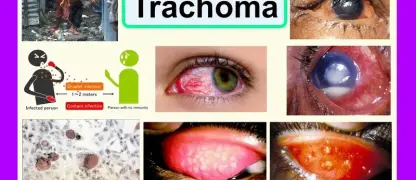Don't let the name fool you—this bacteria has nothing to do with the flu. A Haemophilus influenzae infection can be serious, but it is preventable. This essential guide explains what you need to know about its causes, symptoms, and the vital role of vaccination.
What are the main causes of Haemophilus influenzae Infection?
- What is Haemophilus influenzae? It is a type of bacteria that can cause a range of illnesses, from mild ear infections to severe, life-threatening diseases.
- Yes, is Haemophilus influenzae contagious. The bacteria spread from person to person through respiratory droplets created when an infected person coughs or sneezes.
- While several types exist, Haemophilus influenzae type b (Hib) historically caused the most severe disease, though nontypeable H. influenzae also causes infections.
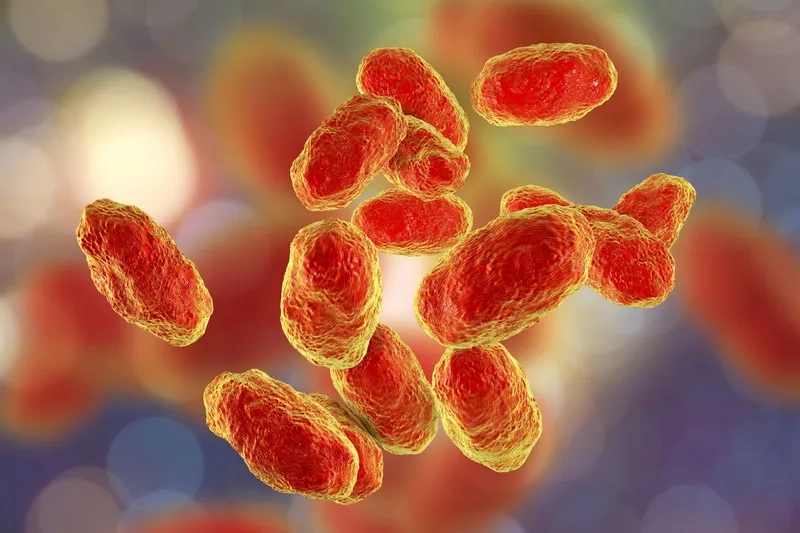
Key symptoms of Haemophilus influenzae Infection to watch for
- The symptoms of Hib disease vary by illness but can include fever, headache, and stiff neck in cases of life-threatening Hib meningitis.
- It can also cause pneumonia from H. influenzae, with cough and shortness of breath, or epiglottitis Haemophilus influenzae, causing severe throat swelling and breathing difficulty.
- Other serious conditions include bacteremia (bloodstream infection) with fever and chills, and cellulitis Haemophilus influenzae, causing a red, swollen area of skin.
How can you prevent Haemophilus influenzae Infection effectively?
- The most effective Hib prevention method is vaccination. The Hib vaccine is highly successful at protecting children against the most dangerous type of this disease.
- Following the recommended Hib vaccine schedule is crucial, with doses typically given to infants starting at two months of age as part of routine immunizations.
- Practicing good hygiene, such as regular handwashing and covering coughs and sneezes, can also help reduce the spread of this harmful bacteria.
>>> Learn now: Epidermolysis bullosa acquisita - An autoimmune skin disease
Image of the disease Haemophilus influenzae Infection
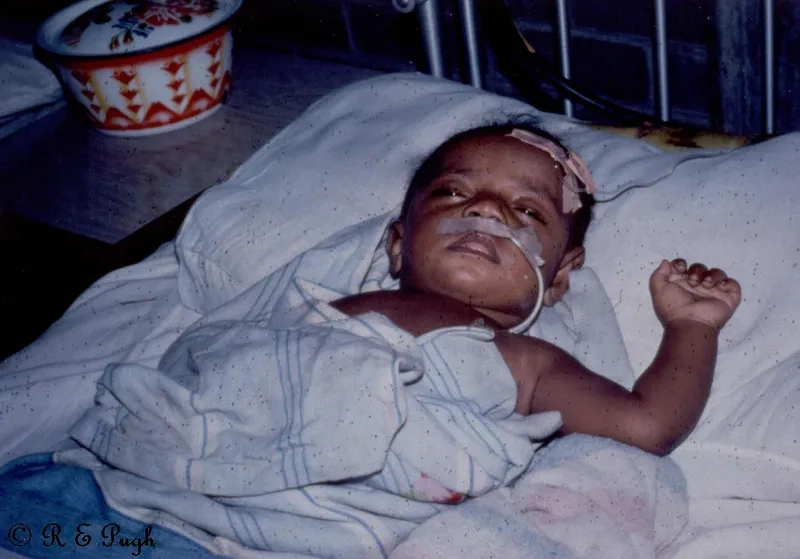
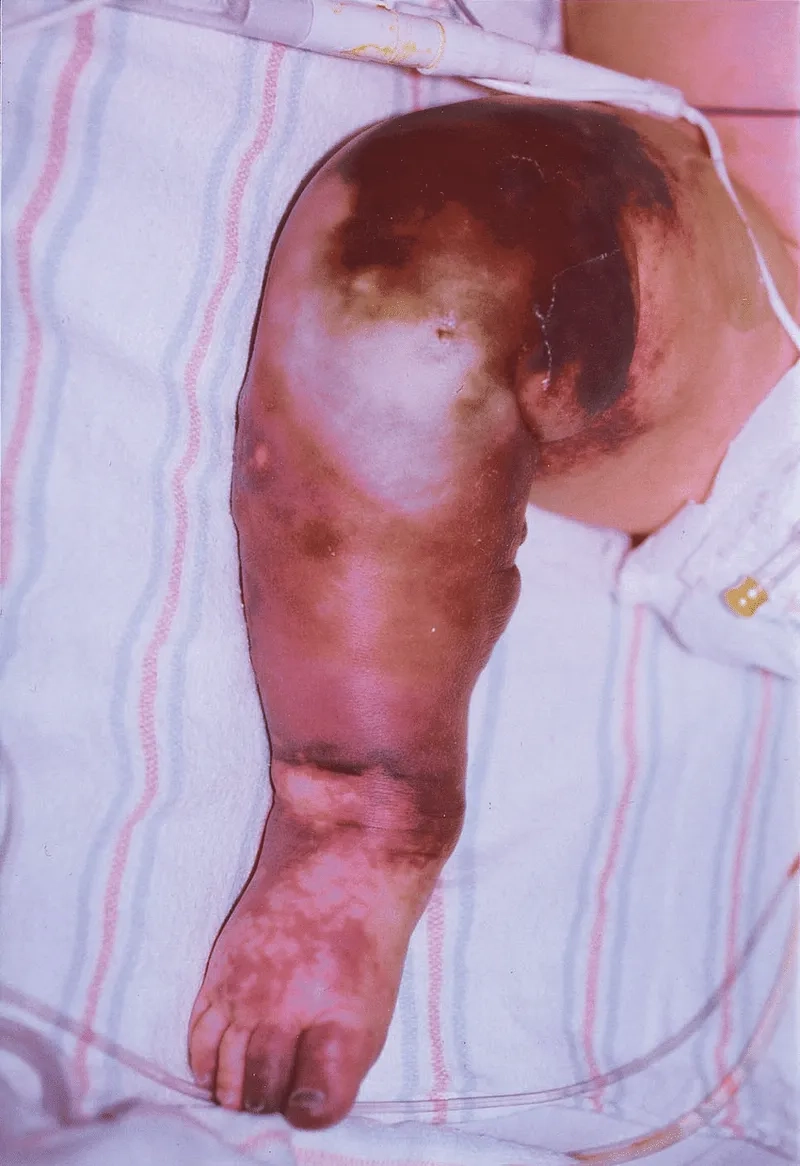
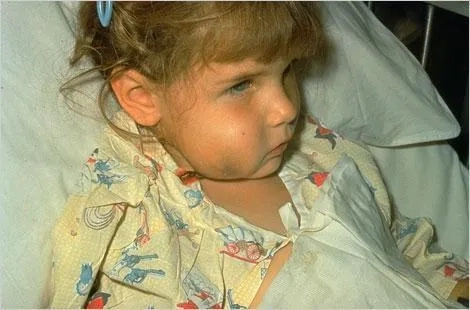
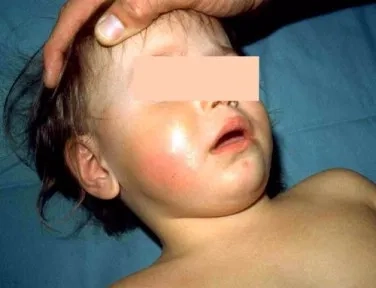
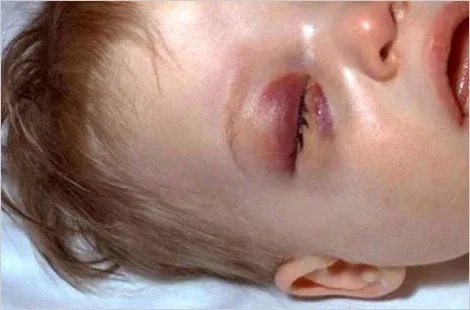
>>> See more: Fusospirochetal disease - Understanding trench mouth
While this bacterial infection can be severe, effective measures exist. The treatment for Haemophilus influenzae often requires hospitalization and antibiotics. The best defense is vaccination, so ensure your child's immunizations are up to date. Consult your pediatrician for more information.
>>> Details at: Granuloma inguinale - A rare STI often called donovanosis


